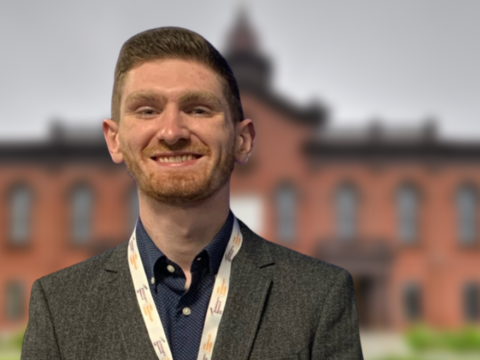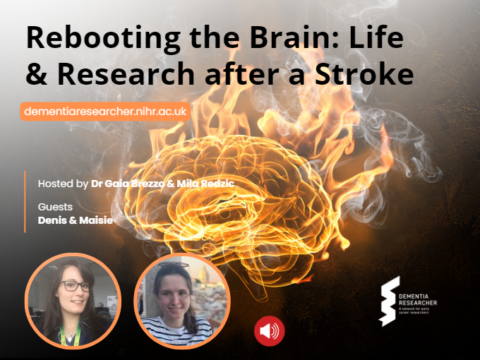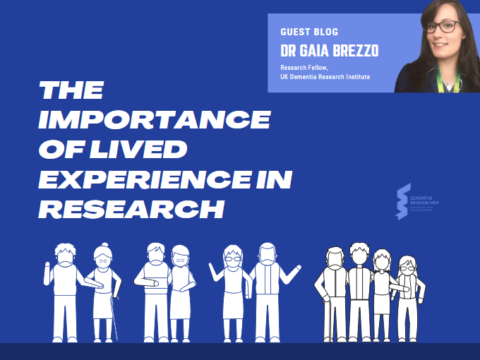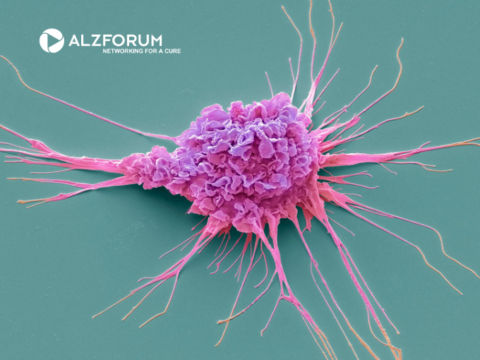
Mila Redzic
Name:
Mila Redzic
Job title:
PhD Student
Place of work / study:
Area of Research:
There is increasing evidence that cerebrovascular dysfunction occurs in early stages of cognitive decline and dementia. One of the stressors resulting from such dysfunction could be mild, but sustained tissue hypoxia. My research focuses on understanding how microglia, the resident immune cells of the central nervous system, respond to hypoxia. I am particularly interested in understanding how microglial responses may shape changes occurring in the neurovascular unit in this context, and whether we can manipulate microglia to promote brain resilience and reduce cognitive impairment.
How is your work funded?
I am on the Translational Neuroscience PhD Programme, funded by the Wellcome Trust.
Tell us a little about yourself:
I grew up in Belgrade, Serbia and I moved to the UK for my undergraduate degree in Pharmacology at UCL. I then got really lucky to be selected for a PhD programme in the beautiful city of Edinburgh – where I met some great people and picked up hillwalking as my COVID-friendly hobby (very original, I know).
Tell us a fun fact about yourself:
This is perhaps a bit more on the embarrassing side…but despite living in the UK for over 6 years, sometimes I still get my sides of the road mixed up when crossing the road!
Why did you choose to work in dementia?
My initial contact with dementia research happened somewhat by chance, during “spend a day in a research lab” undergraduate practical. I got to spend a bit of time in an Alzheimer’s disease lab and I very quickly got super interested in the topic, so much that I stayed in this lab for an internship and a master’s project! Fast forward to the start of my PhD, I had a chance to do several lab rotations and to meet people caring for, or living with age-related health conditions. What really stood out for me was the complexity of these conditions, and the great variability in which ageing brain pathologies manifest clinically. This really sparked the interest for my PhD project.
What single piece of advice would you give to an early career researcher?
I’m still very early in my career, so not sure how qualified I am to give advice! That being said, one thing that I found incredibly helpful is having open and honest chats with my supervisors, labmates and fellow PhD students.
What book are you reading right now? Would you recommend it?
Unfortunately, I’m not reading anything at the moment. If you like easy-read novels (perhaps after busy experiment days), I can recommend The Thursday Murder Club by Richard Osman – it’s very light-hearted, filled with fun characters and plot twists!

 Print This Post
Print This Post




